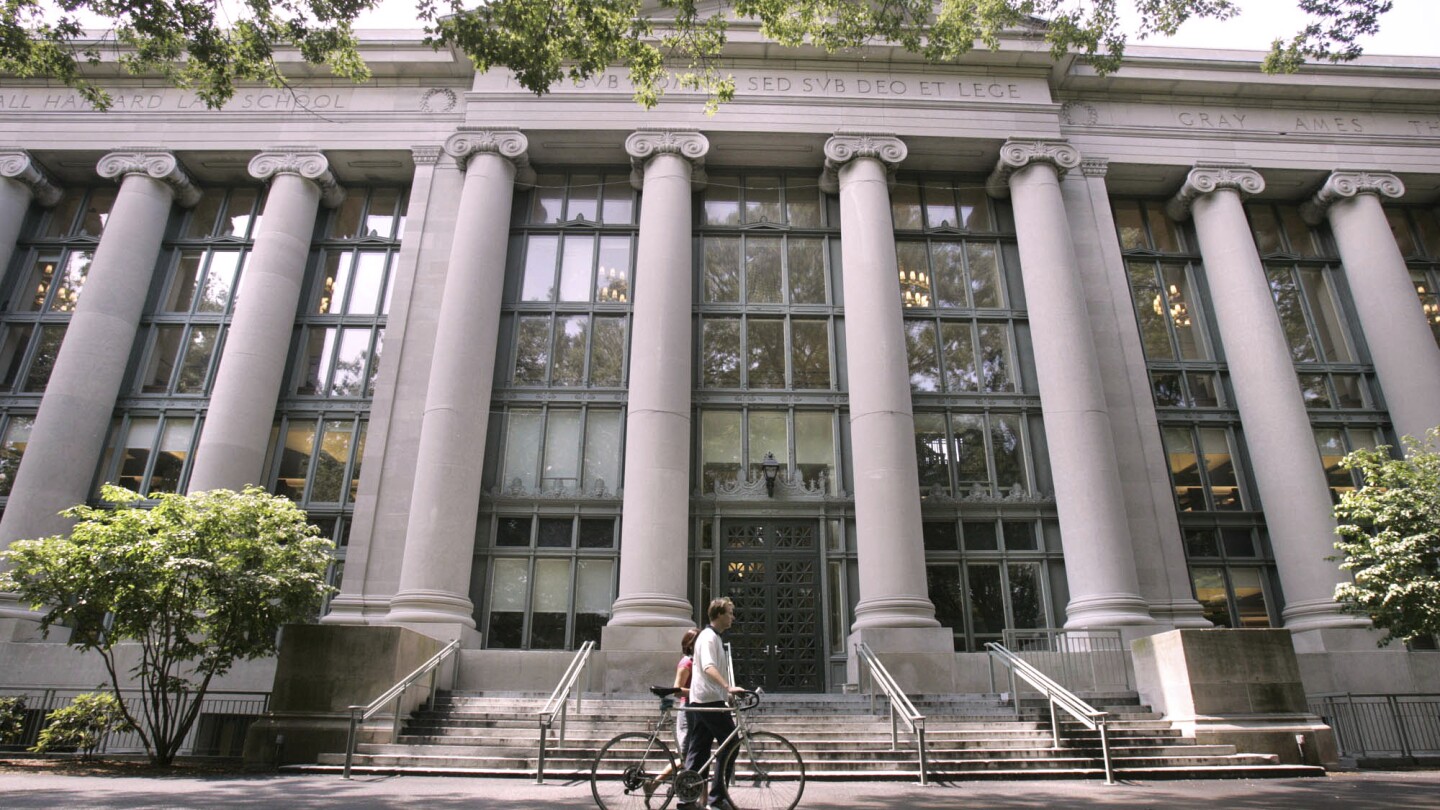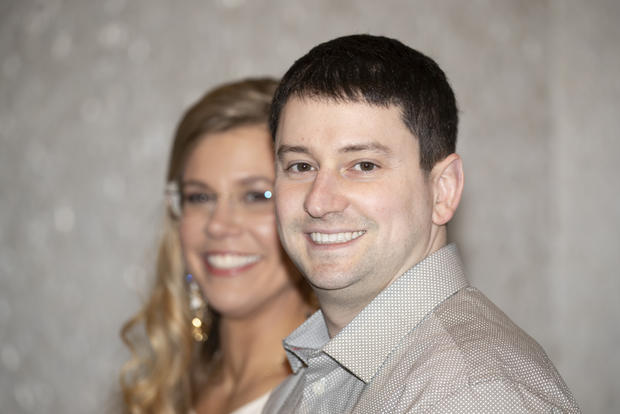WASHINGTON (AP) — A top Justice Department official nominated to become a federal appeals court judge said Wednesday that he never told department attorneys to ignore court orders, denying
the account of a whistleblower who detailed a campaign to defy judges to carry out President Donald Trump's deportation plans.
Emil Bove's nomination for the 3rd U.S. Circuit Court of Appeals has come under intense scrutiny after a fired department lawyer claimed in a complaint filed Tuesday that Bove used an expletive when he said during a meeting that the Trump administration might need to ignore judicial commands. Bove pushed back against suggestions from Democrats that the whistleblower’s claims make him unfit for the federal bench.
“I have never advised a Department of Justice attorney to violate a court order,” Bove told the Senate Judiciary Committee. He added: “I don’t think there’s any validity to the suggestion that that whistleblower complaint filed yesterday calls into question my qualifications to serve as a circuit judge.”
Bove, a former criminal defense attorney for Trump, has been at the forefront of some of the most contentious Justice Department actions since Trump's return to the White House, including the dismissal of the corruption case against New York City Mayor Eric Adams. He also
accused FBI officials of “insubordination” for refusing to hand over the names of agents who investigated the U.S. Capitol riot and
ordered the firings of a group of prosecutors involved in the Jan. 6 criminal cases.
Bove took criticism of his tenure head on, telling lawmakers he understands some of his decisions “have generated controversy.” But Bove said he has been inaccurately portrayed as Trump's “henchman” and “enforcer” at the department.
“I am someone who tries to stand up for what I believe is right,” Bove said.
A former federal prosecutor in the Southern District of New York, Bove was on Trump's legal team during his
New York hush money trial and defended Trump in the two federal criminal cases brought by the Justice Department. If confirmed by the Senate, he'll serve on the 3rd U.S. Circuit Court of Appeals, which hears cases from Delaware, New Jersey and Pennsylvania.
Democrats said Bove has proven himself himself unfit for a lifetime appointment during his short tenure at the Justice Department, accusing him of abusing his power and putting his loyalties to Trump above all else.
“Bove has led the effort to weaponize the Department of Justice against the president’s enemies," said Sen. Dick Durbin, the top Democrat on the committee. "Having earned his stripes as a loyalist to this president, he’s been rewarded with this lifetime nomination."
Bove's hearing came a day after the filing of a whistleblower complaint from a former Justice Department lawyer who was fired in April after conceding in court that
Kilmar Abrego Garcia, a Salvadoran man who had been living in Maryland, was mistakenly deported to an El Salvador prison.
That lawyer, Erez Reuveni, described efforts by top Justice Department officials in the weeks before his firing to stonewall and mislead judges to carry out deportations championed by the White House.
Reuveni described a Justice Department meeting in March concerning Trump’s plans to invoke
the Alien Enemies Act over what the president claimed was an invasion by the Venezuelan gang
Tren de Aragua. Reuveni said Bove raised the possibility that a court might block the deportations before they could happen. Reuveni claims Bove used a profanity in saying the department would need to consider telling the courts what to do and “ignore any such order,” Reuveni's lawyers said in the filing.
Bove said he has “no recollection of saying anything of that kind.”
He also faced sharp questions about his ordering the dismissal of Adams' corruption case, which led to the resignation of a top prosecutor in New York and several other Justice Department officials. Daniel Sassoon, then-interim U.S. attorney for the Southern District of New York, cited her objections to what she called a political “quid pro quo” with Adams’ legal team for the mayor to enforce Trump’s immigration policies only if he was freed from the looming prosecution.
Bove dismissed claims of a quid pro quo as “simply false.”
“And it’s refuted by the record," Bove said. “Mayor Adams’ lawyers filed a letter on the public docket in that case that stated explicitly there was no quid pro quo. One of those lawyers — and they’re both respected members of the bar — stood up in court at a hearing in the case and said the same thing. And then, critically, Mayor Adams himself was sworn under oath at the hearing.”
Republicans on the committee portrayed Bove as the victim of a Democratic-led smear campaign, noting the whistleblower's claims surfaced just before Bove's confirmation hearing.
Testifying during a separate hearing Wednesday, Attorney General Pam Bondi called the whistleblower's timing “suspect" and told lawmakers she stands by Bove.
During his time as a federal prosecutor in New York, Bove was involved in several high-profile cases, including a drug-trafficking case against the former Honduran president’s brother and those of a man who set off a pressure cooker device in Manhattan and a man who sent dozens of mail bombs to prominent targets across the country.
“Bove is unquestionably qualified for the role and has a career filled with accolades, both academically and throughout his legal career, that should make him a shoo-in for the Third Circuit,” White House spokesperson Harrison Fields said in a statement.
Bove’s actions, however, rankled some fellow prosecutors and defense attorneys. In 2018, the federal public defender’s office compiled complaints about his behavior from defense attorneys and sent them to two top officials in the U.S. attorney’s office. About 18 months after the email was sent, Bove was promoted to be co-chief of the office’s national security and international narcotics unit.
Alanna Durkin Richer, The Associated Press
Trump judicial nominee Bove denies advising Justice Department lawyers to ignore court orders
 apnews.com
apnews.com




























